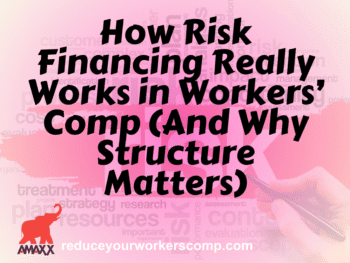Meanwhile, the number of employers receiving rate surcharges based on their claims costs is increasing by about 16% over last year.
“These numbers indicate that on the whole, we’re seeing pockets of improvement in the symptoms of Nova Scotia’s workplace injury epidemic,” said WCB Chief Executive Officer, Nancy MacCready-Williams.
“Still, we are far from a cure. There are too many clear instances of injury’s human and financial impact, and there is still real need for improvement.”
Rates are decreasing or holding steady for 52% of employers, while 48% will see an increase. The average rate of $2.65 per $100 of assessable payroll remains unchanged. Rates are based on the overall claims cost in an industry, combined with a firm’s own experience. They range from a low of $0.60 to a high of $10.15 per $100 of payroll in 2011.
Ninety-two employers will receive a surcharge in 2011, up from 79 in 2010. Surcharges help to more fairly allocate the costs of Nova Scotia’s workplace injury, and they provide strong encouragement for employers to make improvements in their safety and return-to-work performance.
To be surcharged, an employer’s claims costs must be at least three times their industry average for at least four consecutive years. Surcharges are cumulative and can add an additional 20% to a firm’s base rate each year.
Employers receive two warnings – one in each of the preceding two years – before they are surcharged. As a result of a workplace fatality resulting from a car crash in 2008, the WCB is among the 253 employers receiving a surcharge warning notice.
“Sometimes it’s easy to think that those who work in an office environment are not susceptible to workplace hazards. But workplace injury can happen to anyone. Over the past two years, we have been humbled, saddened and moved to action by the tragic loss of one of our own,” said MacCready-Williams.
(WCxKit)“We encourage all employers to read their experience rating statement (mod) closely, and to act upon it toward improving the health and safety of their workplaces, and the province as a whole.”
Do not use this information without independent verification. All state laws vary. You should consult with your insurance broker or agent about workers comp issues.

















